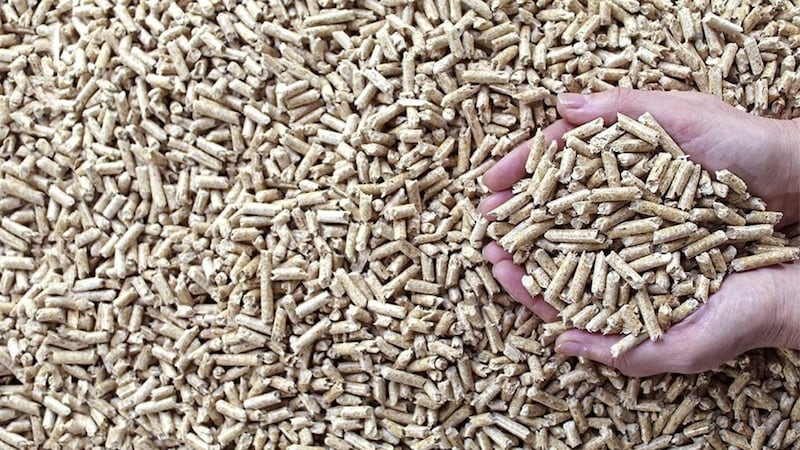UK inflation held steady in June as price rises across the country stayed at the Bank of England’s target level for the second month running, according to official figures.
The rate of Consumer Prices Index (CPI) inflation remained unchanged at 2%, the Office for National Statistics (ONS) said.
It means that prices are still rising but at a rate that the central bank is comfortable with, after nearly three years of above-target inflation fuelling the cost-of-living crisis.
June’s rate came in slightly ahead of expectations, as some analysts were predicting it to dip below target to 1.9%.
The latest data showed that prices in restaurants and hotels rose more than a year ago, putting upward pressure on the headline inflation rate. Hotel prices soared by 8.8% compared with the previous month, the ONS said.
It also showed that the costs of package holidays, cinemas, theatres and concerts were rising.
But prices of clothing and footwear fell last month, which helped bring down the overall rate.
Food and drink inflation has also dropped sharply from the highs of recent years, coming in at a rate of 1.5% in June.
At one stage it reached nearly 20%, in March last year, as households faced much higher prices in supermarkets and restaurants.
Consumer Prices Index (CPI) grew 2.0% in the year to June 2024, unchanged from the previous month.
Read the release ➡️ https://t.co/xCG9DNmbkX pic.twitter.com/xVbi2oFTel
— Office for National Statistics (ONS) (@ONS) July 17, 2024
Services CPI inflation – which looks only at services-related categories like hospitality and culture and is watched closely by the Bank’s interest rate-setters – was unchanged at 5.7% in June.
This could present a problem for the Bank after some economists had been expecting the rate to slow last month.
Anna Leach, chief economist at the Institute of Directors, said the Bank will be relieved by CPI inflation staying on target, but the “relief will be tempered by services inflation holding at 5.7%, well above their expectations”.
“Stickiness in services inflation – a key measure of domestic inflationary pressures – lowers the likelihood of an August rate reduction,” she said,
“All eyes will be on Thursday’s wage data to see whether it will spur a summer rate cut by the Monetary Policy Committee.”

Luke Bartholomew, deputy chief economist for Abrdn, said the Bank of England’s August rate decision sits “on a knife edge” following the latest inflation data.
“The strength of hotel price growth is suggestive of a so-called Taylor Swift effect on prices, but policymakers will almost certainly look through this kind of dynamic,” he said.
The pound was rising about 0.2% against the US dollar on Wednesday morning, at 1.3 dollars, hitting the highest level in a year.
It suggests the pound was strengthening on predictions that interest rates could be kept the same in August.
Meanwhile, June’s official inflation data is the first to be released since the UK welcomed a new Government at the beginning of this month.
Chief Secretary to the Treasury Darren Jones said: “It is welcome that inflation is at target, but we know that for families across Britain prices remain high.
“We face the legacy of 14 years of chaos and economic irresponsibility.
“That is why this Government is taking the tough decisions now to fix the foundations so we can rebuild Britain and make every part of Britain better off.”








